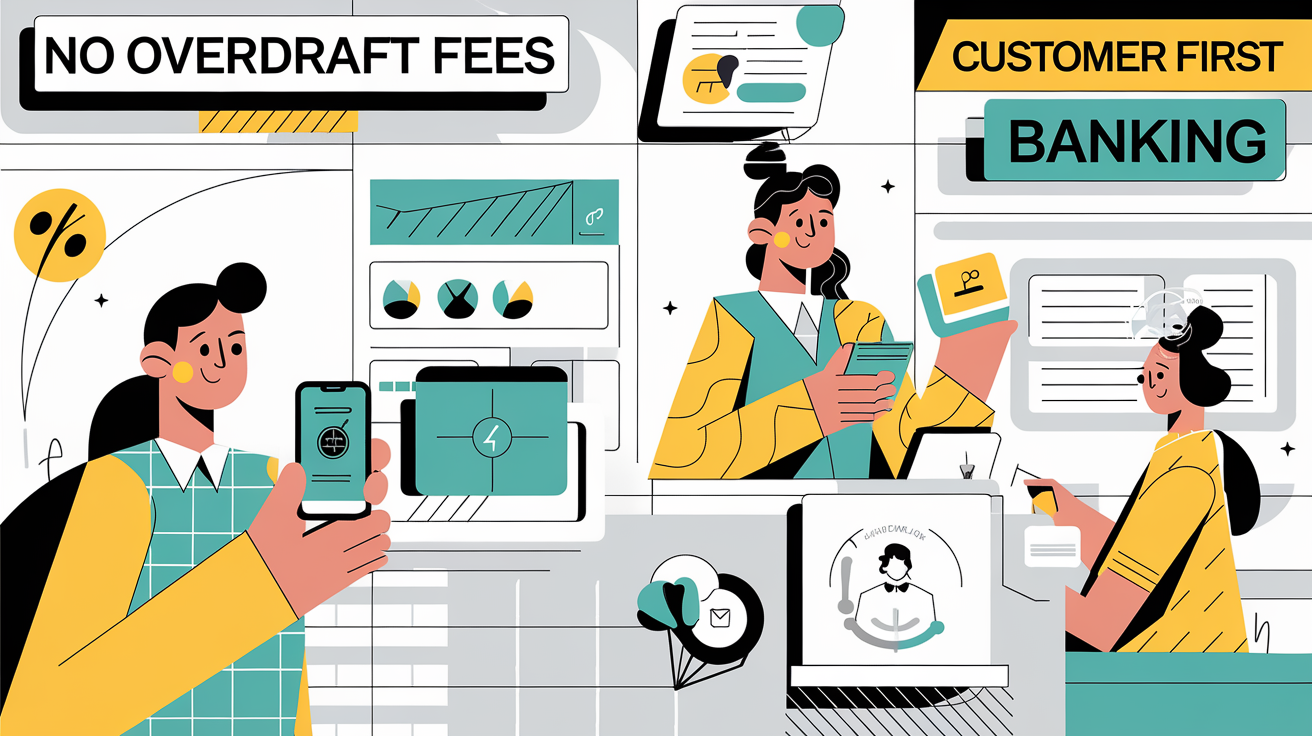In the United States, your credit score is one of the most important indicators of financial health. It affects your ability to secure loans, rent housing, and even get certain jobs.
Improving your credit score doesn’t have to cost a dime. In this guide, we’ll show you how to improve your credit score for free using practical, proven strategies.
Why Is a Good Credit Score Important?
A good credit score opens doors to better financial opportunities, such as lower interest rates on loans and credit cards. It also provides peace of mind, knowing you’re financially secure and trusted by lenders.
For U.S. citizens, maintaining a high credit score can significantly reduce the cost of borrowing over a lifetime.
What Impacts Your Credit Score?
Your credit score is calculated using several factors. Understanding these will help you take the right steps to improve it:
1. Payment History (35%)
This is the most significant factor. On-time payments show lenders that you’re reliable.
2. Credit Utilization (30%)
This refers to how much of your available credit you’re using. A lower ratio is better.
3. Length of Credit History (15%)
The longer your credit history, the better. This shows lenders stability.
4. Types of Credit (10%)
A mix of credit types (credit cards, loans, etc.) can boost your score.
5. Hard Inquiries (10%)
Too many hard inquiries in a short time can hurt your score.
Step-by-Step Free Ways to Improve Your Credit Score
Improving your credit score for free is entirely possible with diligence and patience. Follow these steps:
1. Review Your Credit Reports
- Visit AnnualCreditReport.com to get free copies of your credit reports from the three major bureaus: Equifax, Experian, and TransUnion.
- Check for errors like incorrect balances, late payments you didn’t make, or accounts that aren’t yours.
2. Dispute Errors
- If you find mistakes, file a dispute directly with the credit bureau. Provide supporting documents and request a correction.
- Correcting even one error can significantly improve your score.
3. Pay Bills On Time
- Late payments can drop your score quickly. Set up reminders or use automatic payments to ensure you never miss a due date.
4. Reduce Credit Utilization
- Aim to keep your credit utilization below 30% of your total credit limit.
- For example, if your credit limit is $10,000, keep your balance under $3,000.
5. Avoid Applying for New Credit
- Every application creates a hard inquiry, which can lower your score slightly.
6. Negotiate with Creditors
- If you’ve missed payments, contact creditors to set up a repayment plan or request that they remove negative marks after payment.
Practical Tips for Maintaining a Good Credit Score
Once your score improves, maintaining it is crucial. Here’s how:
1. Automate Your Payments
Set up auto-pay for all your accounts to avoid accidental missed payments.
2. Keep Old Accounts Open
Length of credit history matters, so keeping older accounts open (even if unused) can help.
3. Use Credit Wisely
Avoid maxing out your cards. Small, regular purchases paid off in full can keep your credit healthy.
Common Myths About Improving Credit Scores
Don’t fall for these myths when working on your credit score:
1. Closing Accounts Improves Scores
Closing old accounts can hurt your credit utilization and credit age.
2. Carrying a Balance Helps
Paying off your credit card in full each month is better than carrying a balance.
3. Checking Your Score Hurts It
Checking your own score is considered a “soft inquiry” and doesn’t impact your credit.
Government Resources and Non-Profit Support
The U.S. government and non-profits offer tools to help you improve your credit for free:
1. Free Credit Reports
The law allows you one free report annually from each bureau via AnnualCreditReport.com.
2. Consumer Financial Protection Bureau (CFPB)
This agency provides tips and templates for disputing errors.
3. Non-Profit Credit Counseling
Organizations like the National Foundation for Credit Counseling (NFCC) offer free or low-cost advice.
FAQs
1. How Often Should I Check My Credit Score?
At least once a year. Regular checks ensure accuracy and help catch errors early.
2. Can I Improve My Score Overnight?
No, it takes consistent effort over months to see significant improvement.
3. What’s a Good Credit Score?
A score above 700 is generally considered good, while 800+ is excellent.
4. How Do Inquiries Impact Me?
Soft inquiries don’t affect your score. Hard inquiries (like applying for a loan) can lower it by a few points.
5. Does Income Affect Credit Score?
No, income is not factored into your credit score, though lenders may consider it when evaluating applications.
6. Can Renting Help Build Credit?
Yes, some services report rent payments to credit bureaus, which can boost your score.



